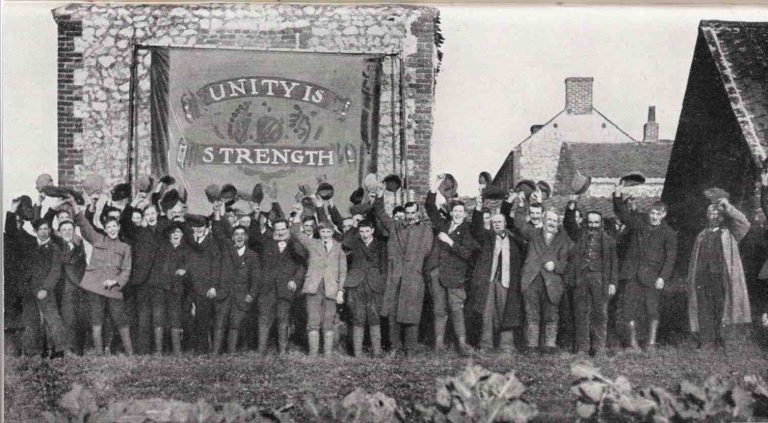After all the talk of recovery, workers are starting to fight for their rights. For ten years, we took a hammering with pay cuts, removal of overtime rates, reduced holidays and sick pay schemes. But many are now saying: enough is enough.
In Lloyds pharmacy, staff are taking on a huge US multi-national McKesson, to get a proper pay scale and a decent sick pay scheme. The CEO of McKesson’s, John Hammergren, pays himself 20 million dollars a year but he wants his Dublin staff to live on 10.80 euros an hour.
Archaeologists who work for Irish Archaeological Consultancy are having a similar problem. They have looked for a 10% pay rise after years when their wage stagnated. But the company has refused to even talk to their union.
In Ryanair, the company pretended to recognise unions after years of refusing to talk to them. But like much else in Ryanair, there was a large element of pretence. When the pilots union asked the company to agree procedures for rest periods and shifting between bases, the company refused to engage properly.
All these cases show one thing: Ireland is one of the worst countries in Europe for giving workers a right to collective bargaining.
In most other countries when a majority or significant minority of workers chose to nominate a union as their representative to negotiate on wages or conditions companies are legally obliged to negotiate.
Even in Britain, where the ghost of Maggie Thatcher still stalks industrial relations, as soon as a majority of workers opt for a union, a company must negotiate.,
There is a fundamental right at stake here.
A company will always want workers to approach them as individuals if they seek higher wages and better conditions. They know that there is a huge power imbalance in that relationship and the company will normally get its way.
Imagine a situation where a young worker on a temporary contract has to individually ask a Human Resources Department that is full of experienced negotiators for a pay rise. They will face subtle intimidation and will be put into competition with other workers to do more for the boss.
But if workers are allowed to bargain as a collective group, the power balance shifts somewhat. If they can call in an outside union official who knows all about the law and agreements that have been struck by other companies, they can do even better.
The Irish state needs to grant workers a right to allow their unions to bargain on their behalf. Fine Gael and Fianna Fail, however, oppose that right because they are parties of the wealthy. We need to build up left wing parties so that we can change this country,
In the meantime, we need to give full support to those workers who are taking action today. With people power and community solidarity, we can put manners on employers who act like they belong to an aristocracy of old.












